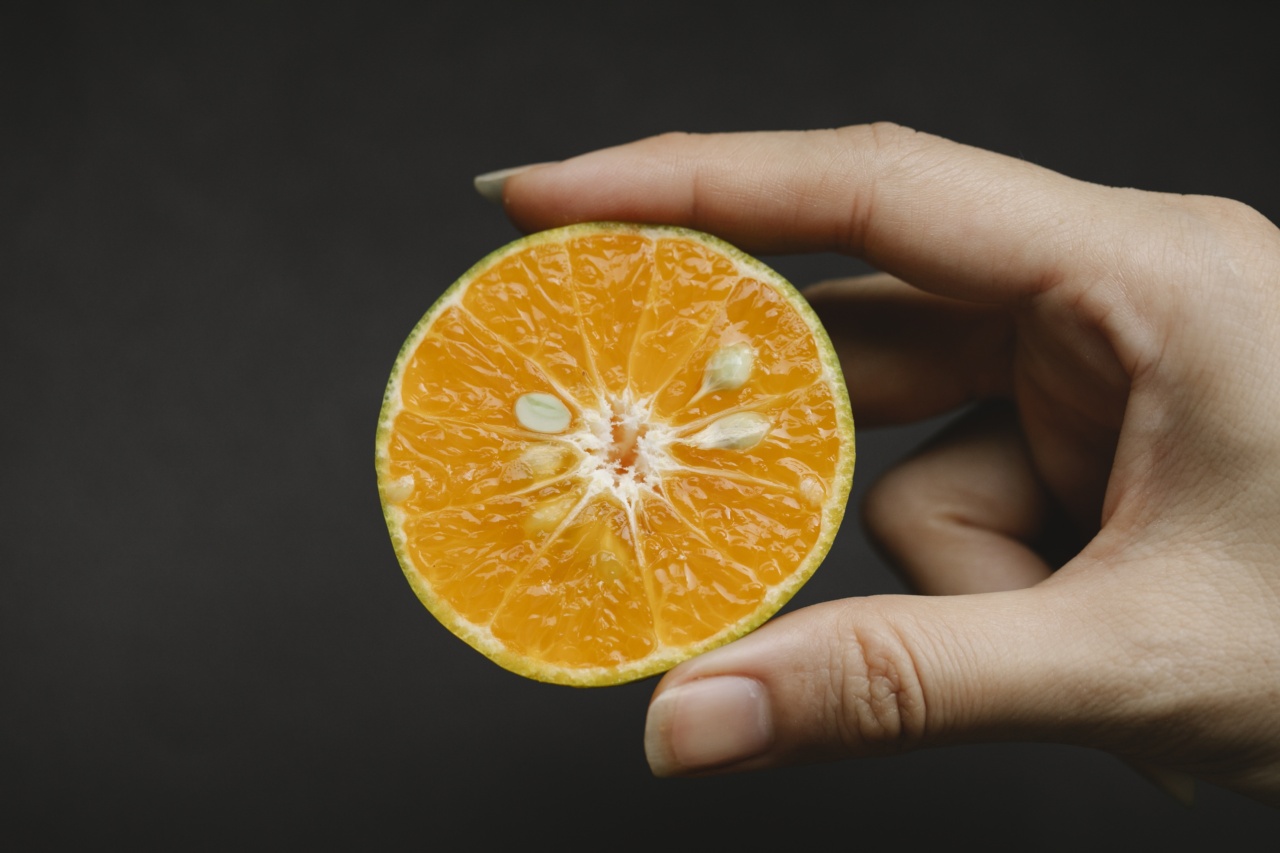Women have unique nutritional needs throughout their lives. From puberty to pregnancy, menopause to post-menopause, a woman’s body goes through various hormonal changes that impact her nutritional requirements.
Vitamins play a crucial role in maintaining optimal health and well-being, helping to support different bodily functions and prevent deficiencies.
Vitamin A
Vitamin A is essential for promoting healthy vision, especially at night, and maintaining the integrity of the skin and mucous membranes. It also supports immune function, reproduction, and fetal development during pregnancy.
Women can obtain vitamin A from food sources such as carrots, sweet potatoes, spinach, kale, and liver. It is important to note that excessive vitamin A intake can be harmful, so it’s best to consult with a healthcare professional for appropriate dosage.
Vitamin B Complex
The B-vitamins are a group of water-soluble vitamins that work together to support energy production, brain function, and red blood cell formation. They also help maintain healthy hair, skin, and nails. Some key B-vitamins include:.
Vitamin B12
Vitamin B12 plays a crucial role in DNA synthesis, red blood cell production, and nerve function. It is mainly found in animal products such as meat, fish, eggs, and dairy.
Due to its absence in plant-based foods, vegetarian or vegan women may require supplementation or fortified foods to meet their B12 needs.
Folate (Vitamin B9)
Folate is crucial for DNA synthesis and cell division, making it vital for pregnant women to prevent neural tube defects in their babies. It is found abundantly in leafy green vegetables, legumes, citrus fruits, and fortified grains.
Additionally, folic acid, the synthetic form of folate, is often used in supplements and fortified foods.
Vitamin B6
Vitamin B6 is involved in over 100 enzyme reactions in the body, contributing to neurotransmitter synthesis and hormone regulation. Natural sources of B6 include fish, poultry, whole grains, nuts, bananas, and avocados.
Vitamin C
Vitamin C is a powerful antioxidant that boosts the immune system, aids in collagen synthesis for healthy skin, and enhances iron absorption.
Fruits and vegetables like oranges, strawberries, bell peppers, broccoli, and kale are excellent sources of vitamin C.
Vitamin D
Vitamin D is unique as it can be produced by the body when the skin is exposed to sunlight. However, many women have insufficient vitamin D levels, especially those living in regions with limited sunlight or who have minimal sun exposure.
Vitamin D is crucial for calcium absorption, bone health, immune function, and mood regulation. Foods like fatty fish, fortified dairy products, and egg yolks can provide dietary vitamin D. In cases of deficiency, supplementation may be necessary.
Vitamin E
Vitamin E is another powerful antioxidant that protects cells from oxidative damage. It supports skin health, boosts the immune system, and promotes cardiovascular health. Foods rich in vitamin E include almonds, sunflower seeds, spinach, and avocado.
Vitamin K
Vitamin K is essential for blood clotting and bone health. It helps activate proteins involved in these processes. Leafy green vegetables, Brussels sprouts, broccoli, and green tea are excellent sources of vitamin K.
Iron
While not a vitamin, iron is a crucial mineral that women need for healthy blood production. Iron helps transport oxygen to cells and tissues, preventing iron-deficiency anemia.
Good sources of iron include lean red meat, poultry, fish, legumes, and fortified cereals.
Calcium
Calcium is vital for building and maintaining strong bones and teeth. It also plays a role in muscle function and nerve transmission. Dairy products like milk, cheese, and yogurt are well-known sources of calcium.
However, women who are lactose intolerant or follow a dairy-free diet can opt for other calcium-rich options like dark leafy greens, tofu, almonds, and fortified plant-based milk.
Omega-3 Fatty Acids
Omega-3 fatty acids, particularly EPA and DHA, are important for heart health, brain function, and reducing inflammation. Fatty fish like salmon, mackerel, and sardines are excellent sources of these essential fatty acids.
For vegetarian and vegan women, plant-based sources such as flaxseeds, chia seeds, and walnuts can provide alpha-linolenic acid (ALA), which can be converted to EPA and DHA in the body to a limited extent.
Zinc
Zinc is involved in various enzymatic reactions and contributes to the normal functioning of the immune system. It also aids in wound healing and supports reproductive health.
Good sources of zinc include shellfish, lean meats, legumes, seeds, and whole grains.
Conclusion
Meeting the required daily intake of vital vitamins is essential for women’s overall health and well-being. While a balanced diet should provide most of these vitamins, certain life stages or dietary restrictions may require supplementation.
It is always advisable to consult with a healthcare professional to determine individual nutritional needs and ensure a balanced approach to vitamin intake.






























